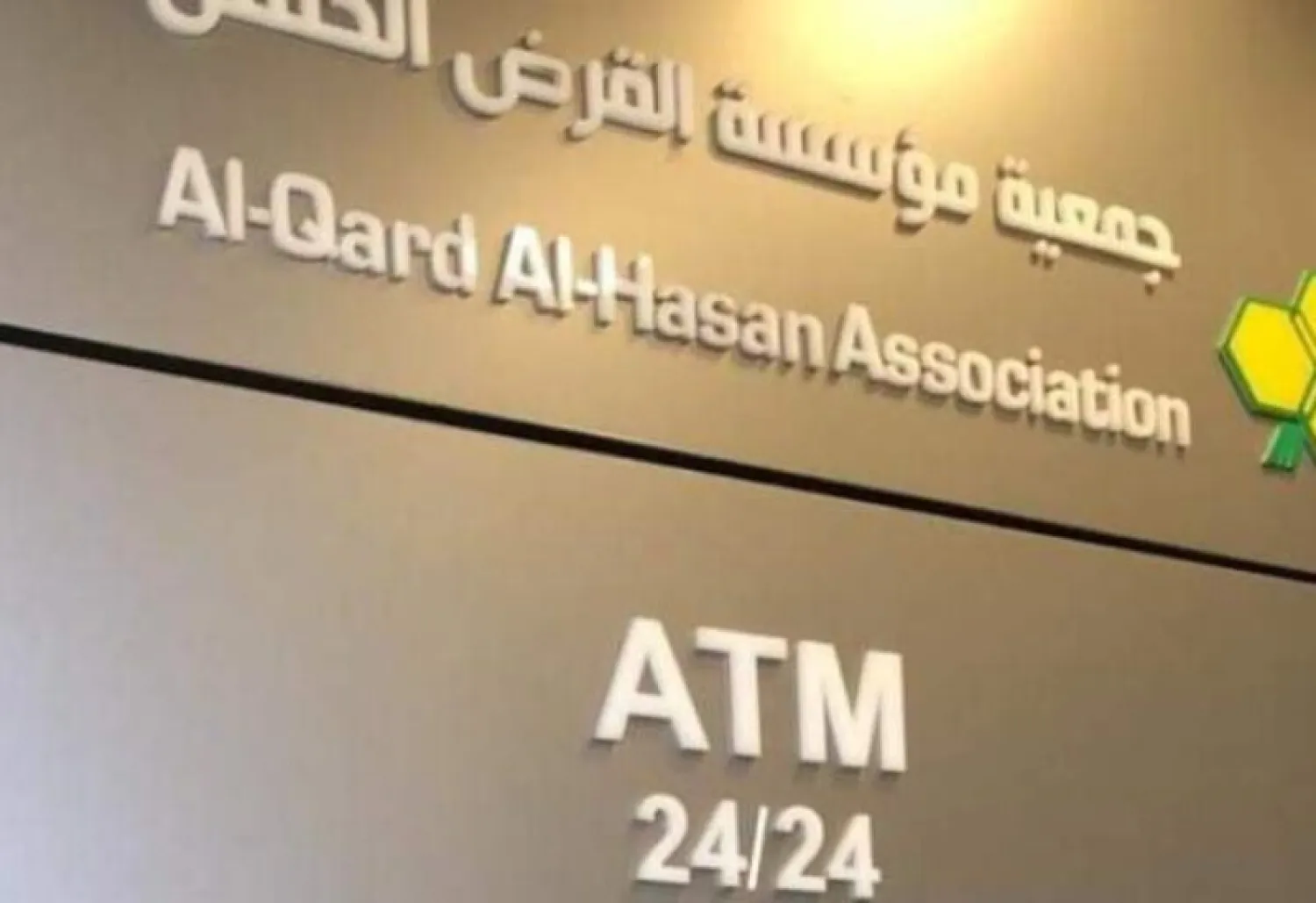A week after hackers breached Hezbollah’s financial institution, Al-Qard Al-Hassan (AQAH), and published data pertaining to the depositors’ accounts, a Twitter user under the name of Bankinstein leaked information on the institution, revealing that it was heading towards potential bankruptcy.
According to the leaked information, the financial institution – which works independently from the Lebanese official banking system – owns deposits worth USD 500 million, while it disbursed loans of about USD 450 million. Gold deposit loans represent only 64 percent of AQAH loan balance, while 8 percent are unsecured loans.
Last month, a cyber hacker under the name of Spiderz managed to breach some of the accounts of Al-Qard Al-Hassan and released the names of alleged banks and citizens who had accounts with the financial institution and disclosed the number of accounts, addresses and phone numbers.
Political researcher and university professor Makram Rabah believes that evaluating AQAH on the basis of a faltering or non-faltering institution is imprecise, as the primary goal of this institution is to launder Hezbollah’s money, not to preserve the deposits of its clients.
In remarks to Asharq Al-Awsat, Rabah said that the recent piracy raises questions and might be an inside operation. He noted that it was likely that the institution will take the hacking as an excuse to refrain from returning the deposits to their owners, especially as AQAH is not subject to the laws governing the Lebanese banking system.
Established in the 1980s, Al-Qard Al-Hassan provides small-sized and short-term loans to its clients, who deposit money in the association on a monthly basis. It also gives loans against gold guarantees.
In April 2016, the US Treasury Department included AQAH on its sanctions list (based on a 2015 legislation). Three years later, the association opened two accounts to transfer donations to the flood victims in Iran by the Iranian Red Crescent and the Hezbollah Imdad Association.









